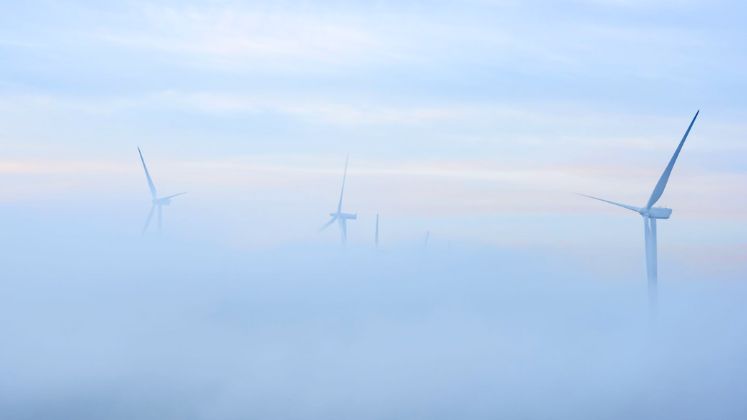
With a projected 93 per cent reduction in GHG emissions when compared to traditional manufacturing operations, Fashion for Good and Arvind Limited have announced the launch of Future Forward Factories India, an ambitious initiative with two interconnected components: creating a comprehensive blueprint for sustainable textile manufacturing and building a ground-breaking physical facility that brings these innovations to life.
The goal of this program is to make Tier-2 factories, which form the backbone of the supply chain, economically and environmentally sustainable.
In addition to creating a first-of-its-kind physical facility that showcases these concepts in operation, the project offers an open-source, modular plan for sustainable Tier-2 textile manufacturing that can be implemented industry-wide.
Putting “money on the ground” to demonstrate the commercial and environmental feasibility of these strategies, this physical execution amounts to a substantial investment in taking innovations from concept to reality.
When compared to traditional production processes, the new physical facility that anchor partner Arvind plans to build in Gujarat for the weaving and knitting of cotton will reduce greenhouse gas emissions by up to 93 per cent.
As the first near-net-zero textile production centre in the industry, this innovative facility is expected to save about 60 litres of water every kilogramme of fabric.
In addition to possible effect savings, the design will concentrate on maximising a Future Forward Factory’s financial viability and evaluating and creating grants, subsidies, and incentives to bridge the viability gap.
To make some of the top ideas financially feasible, industry stakeholders would need to assist the deployment of the physical facility through viability gap funding.
According to Katrin Ley, Managing Director of Fashion for Good, practical solutions that promote systemic change can be shown by creating a blueprint and collaborating with Arvind to construct a real facility that tackles the issues of Tier-2 manufacturing, which accounts for 52 per cent of the industry’s CO2 emissions and nearly all of its water and chemical consumption.
As a pioneer in the textile industry, Arvind Limited is dedicated to establishing sustainable production processes, according to Punit Lalbhai, vice chairman. Arvind can show how these technologies may be applied at scale to address the largest environmental issues facing the textile industry by creating a blueprint and building a cutting-edge facility.






